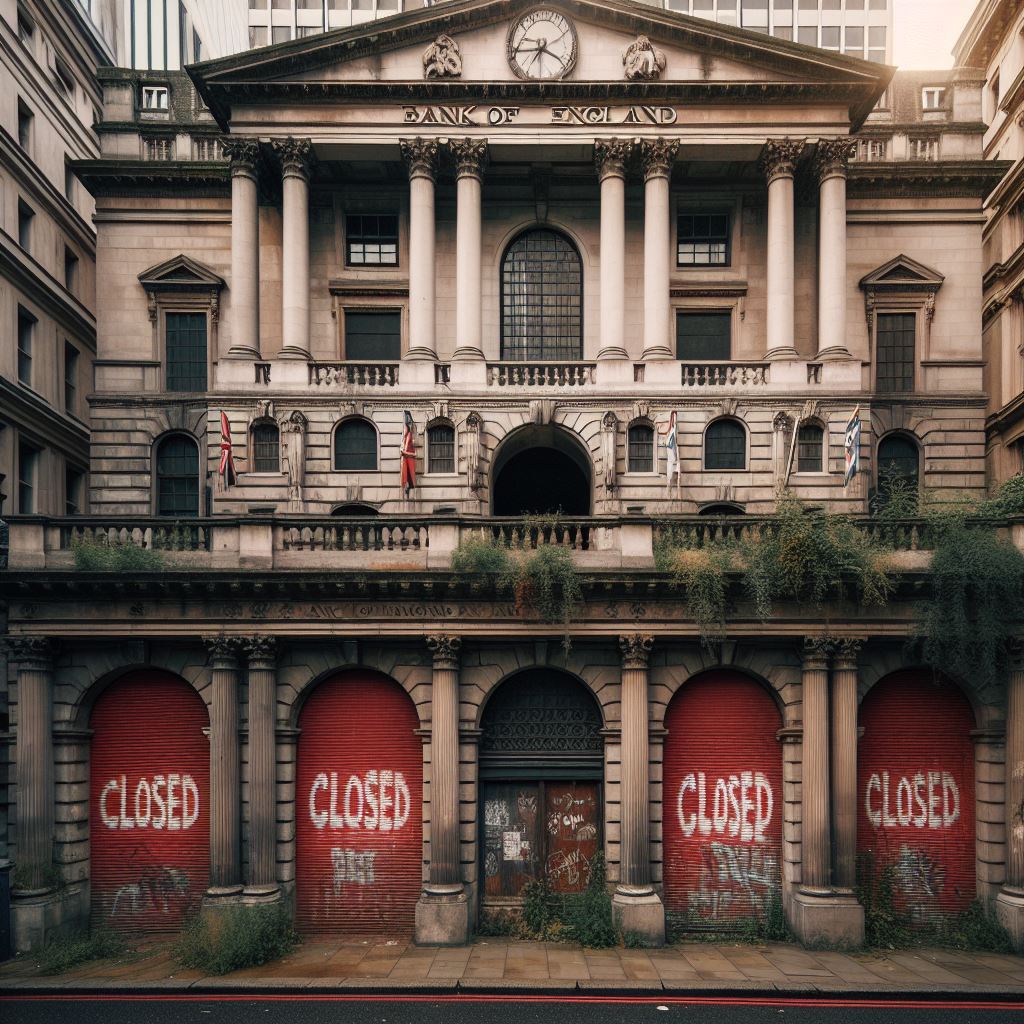Britain is going cashless – and that’s fine
SUGGESTED



The last decade has also seen a FinTech revolution, with online banking and contactless payments now accessible to more people than ever. Banks like First Direct, Starling, and Monzo offer their services exclusively online and by phone. They have gained millions of customers because people find the digital experience to be highly convenient.
The trend towards cashless payments was given a jolt during the pandemic, but the post-Covid trend shows us that it is no fad. The proportion of physical payments continued its decline to 14 per cent from 15 per cent in 2022 compared to 2021.
That’s not to say nobody wants cash anymore. There were still 6.4 billion in payments made using cash last year. Around 40 per cent of us use cash to buy something at least once per week. Counterintuitively, another UK Finance survey indicated that 16 to 24 year olds use cash as regularly as those aged between 44 and 54. Despite the comparatively high transaction costs, cash clearly has some value that has inspired a new generation to use it.
Banning cash would risk alienating and isolating those people who still chose to use it. It would, if anything, fuel the conspiracy theories that the government wants to force us in a cashless direction for nefarious purposes. It would also deprive people of personal choice over one of the most fundamental aspects of their lives. It would also outlaw a crucial competitive pressure on banks to innovate simpler, safer cashless products. Banks still have work to do to convince many to drop cash, so let them do it.
If more digital training schemes or security upgrades are needed, then banks should be in charge of supplying them. Those who have left cash in the rear view mirror should welcome competitive pressures that forces banks to constantly innovate better cashless products. Indeed, the challenge of processing card payments for small and mobile businesses has powered innovation in mobile card readers. Concerns over the security of digital assets has brought forth technologies like blockchain and smart contracts.
It may seem obvious to analysts and true believers that going cashless is more convenient and secure. If that is so clear, then why do a hefty number of businesses and individuals still use it? Surely, if the superiority of cashless finance was so self-evident, only a tiny, conspiratorial minority would be holding out.
The increasing ease of card transactions and bank transfers mean that Britain is already set for a mostly cashless future. A minority continuing to use cash should not be considered a threat to that.
4 thoughts on “Britain is going cashless – and that’s fine”
Comments are closed.




Going cashless is not fine and for a libertarian, and, one who is right on most things, to not see this, is astounding.
When our digital cash system fails or suffers a major hacking, and our debit/credit cards stop working, will Sainsburys accept an IOU for a loaf of bread and a pint of milk?
The technology is great, but…….
I do not want to go cashless & have officialdom know everything I spend my money on – preferring to take out some cash, which I know I can afford, from my bank account & spend it as I choose, also knowing when that’s gone, that I should be cautious with my bank balance, as I have all my commitments to be serviced. Also, I love my cheque book, to pay for some items, donate to my favourite charities, send a money gift with a birthday card, etcetera – now at 80, why should I lose the ability to pay how I wish ? & no doubt, there will be more jobs lost, owing to these decisions, while the banks just become richer & richer ! I call this discrimination, as we oldies & many others, have our choices taken from us, without a by your leave ! Boo to the digital world ! Things were better in our day ! All like-minded people should stand up & be counted, thank you.
No it isn’t fine. How do you pay in power cuts or places where internet connection is poor? How do you give children spending money and teach them responsibility with money when they can’t even have a bank account? How do children learn pounds and pence without the coins and notes? What about small business where card transactions mean they lose a percentage of every sale?